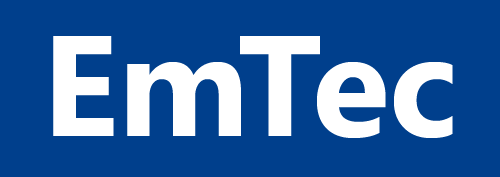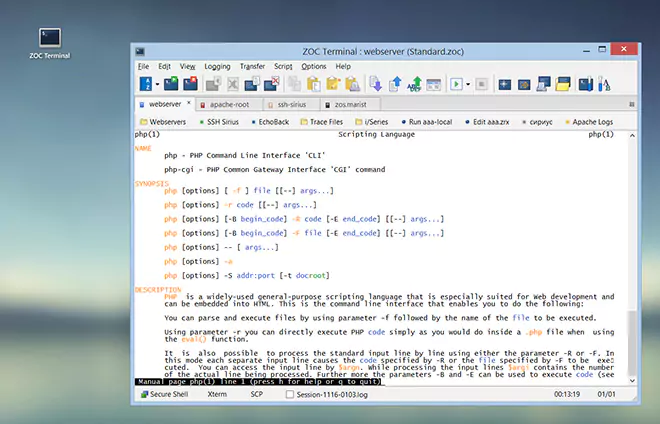APPENDIX → Special Codes (Ctrl-Characters, Placeholder- and Action Codes)
- Control Codes
- Placeholder Codes
Sometimes it is necessary to send characters that are not available from the keyboard or that cannot be entered into a field because the operating system uses it to move the cursor (like the ESC or Tab or the Enter key). The list below shows what control codes to enter in an action-field (e.g. ZOC^M), in order to perform the equivalent such special key (e.g. to send ZOC<ENTER>).
If need to send those codes from the terminal window instead of mapping them to a button or, for example in a case whwere you need to send ^] to wake up a Cisco device, please see the list of key equivalents for control codes in sending of control codes.
ZOC also offers special placeholder codes which allows you define some filenames (e.g. for Logfiles) in a way that they can conain date and time values.
| Control Codes |
The codes listed here can be added to actions in order to send equivalents of keys that can not be entered into dialog fields otherwise (e.g. when entering text to remap keys, etc.). For example, in order to remap a F-key so that it will send the text exit followed by an Enter key, you need to specify the text to send as exit^M.
|
| Placeholder Codes |
The table below lists place holders that can be used in some ZOC fields to insert date, time or connection related values. They can be used in all places that support normal control codes and also in Logfile names (Options→Session Profile→Logging).
|
← Back to APPENDIX

